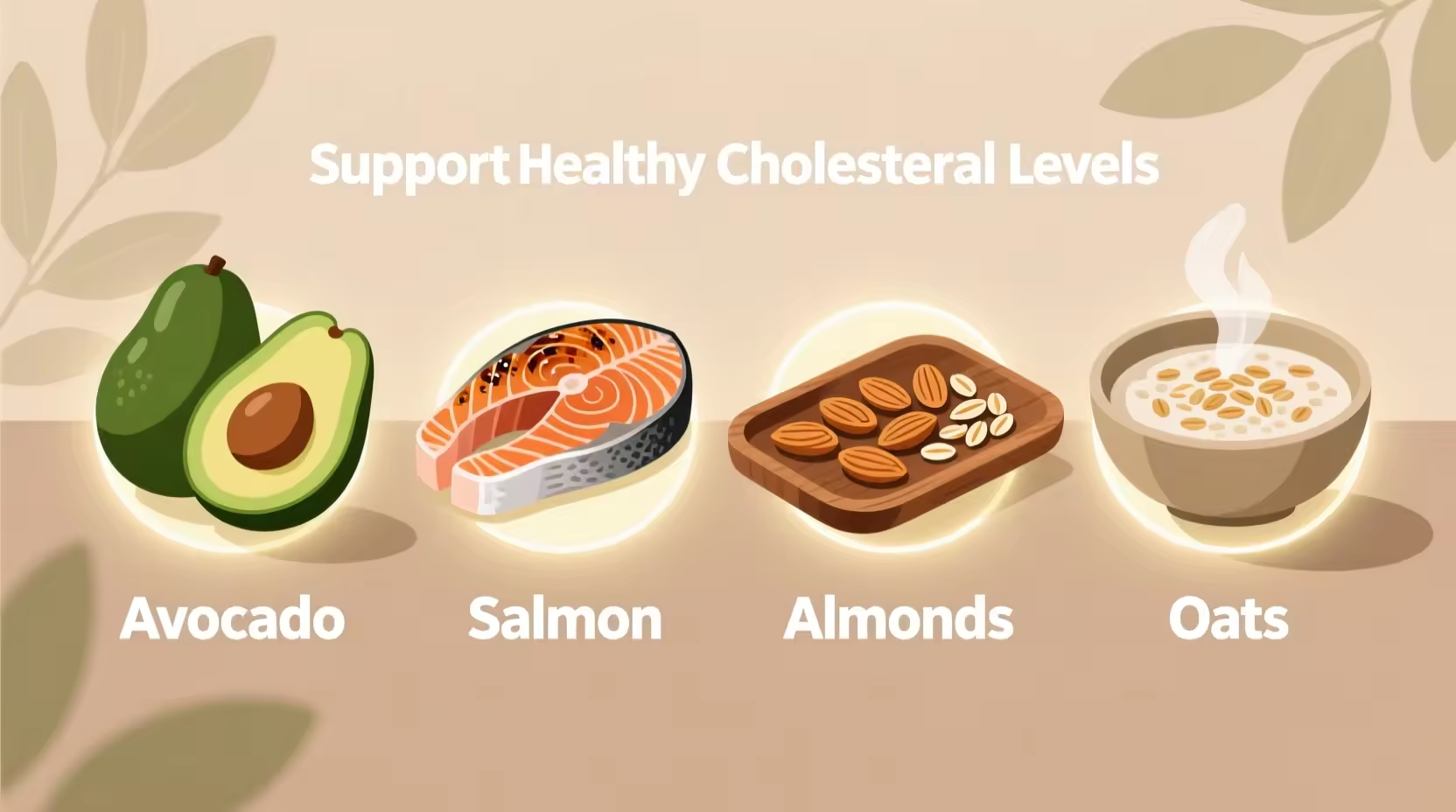According to Justice.gov, Domestic violence refers to a pattern of abusive behavior in which one partner uses the other as a means of gaining or retaining control over another intimate partner. Intimate partner relationships can involve physical, sexual, emotional, financial, psychological, or technological abuse of another person, as well as threats of abuse or other coercive behaviors. And it encompasses any actions that cause fear, terror, intimidation, isolation, coercion, threats, harm, injure, or wound someone.
Ways domestic violence impacts health and wellbeing
- Effects on Reproductive Health: Domestic violence can harm reproductive health, increasing the risk of gynecological issues, STIs, and unplanned pregnancies. An abusive partner’s control may also impair access to reproductive healthcare.
- Mental Health Concerns: Mental health conditions like anxiety, depression, post-traumatic stress disorder (PTSD), and suicidal thoughts are closely linked to domestic violence. Emotional abuse and ongoing fear can have a lasting impact on mental health.
- Physical Injuries: Domestic abuse victims frequently sustain physical wounds, such as cuts and bruises, as well as more severe trauma, like broken bones or head injuries. These wounds might need medical attention and have immediate health effects.
- Seclusion and Social Disengagement: Isolation strategies are frequently used in domestic violence, which reduces a victim’s social network. Social disengagement can worsen mental health conditions and cause feelings of loneliness.
- Substance Abuse: Substance abuse is a coping strategy used by victims of domestic violence to dull their pain or cope with stress. Substance use disorders may result from this, further jeopardizing general health.
- Sleep disturbances: Living in an abusive environment can cause stress and fear, which can lead to sleep disturbances such as nightmares and insomnia. A further factor in both physical and mental health issues is inadequate sleep.
- Identity and Self-Esteem Problems: One’s sense of self-worth and self-esteem can be undermined by verbal and emotional abuse. Negative messages may be internalized by victims, which can cause long-term identity problems and make it difficult for them to build healthy relationships.
Seeking resources and support is essential for victims of domestic abuse to address the psychological and physical effects. To lessen the negative impact of domestic abuse on one’s health and to encourage recovery, professional assistance such as legal support and medical attention counseling—can be extremely helpful. It’s critical to get in touch with a local domestic violence hotline or support group if you or someone you know is a victim of domestic abuse.
For information to the domestic violence hotline, follow the link .https://www.justice.gov/ovw/domestic-violence

Stages of Marital Burnout
According to Jafari et al. (2021), Marital Burnout is the term used to describe the excruciating state of emotional, physical, and psychological tiredness that couples experience when they realize that, despite their best efforts, a relationship cannot and will not provide their life’s purpose. It causes many issues for the couple’s children and other family members and ultimately results in both emotional and formal divorce among couples. They will eventually weaken a couple’s love and bond, result in mental health issues, and pave the way for both emotional and formal divorce. The degree of marital Burnout is determined by how well the couple’s beliefs and reality align. It arises from a disparity between the expectations held by the couple and the actual reality they encounter. The incidence of marital Burnout appears to be higher among women than men, as indicated by studies. This phenomenon has been linked to severe consequences, potentially contributing to similar issues in the offspring of these women. The elevated risk in women can be attributed to the heightened stress they experience due to the multitude of responsibilities they bear, encompassing child-rearing, domestic tasks, and employment both within and outside the home. Consequently, women find themselves more susceptible to the challenges of marital Burnout.
Three stages of marital burnout.
Physical Burnout: Symptoms of physical Burnout include exhaustion, fatigue, persistent headaches, stomach
discomfort, irregular sleep patterns, appetite loss, and overindulging.
Emotional Burnout: Refers to a variety of emotions, including anger, dissatisfaction, melancholy, frustration,
emptiness, lack of motivation, feeling stuck, ridiculousness, emotional upheaval, and even suicidal thoughts.
Psychological Burnout: This describes low self-esteem, a negative mindset toward your partner, feelings of
hopelessness and annoyance with them, and your shortcomings.
Reference
Jafari, A., Alami, A., Charoghchian, E., Delshad Noghabi, A., & Nejatian, M. (2021). The impact of effective communication skills training on the status of marital burnout among married women. BMC Women’s Health, 21(1). https://doi.org/10.1186/s12905-021-01372-8




